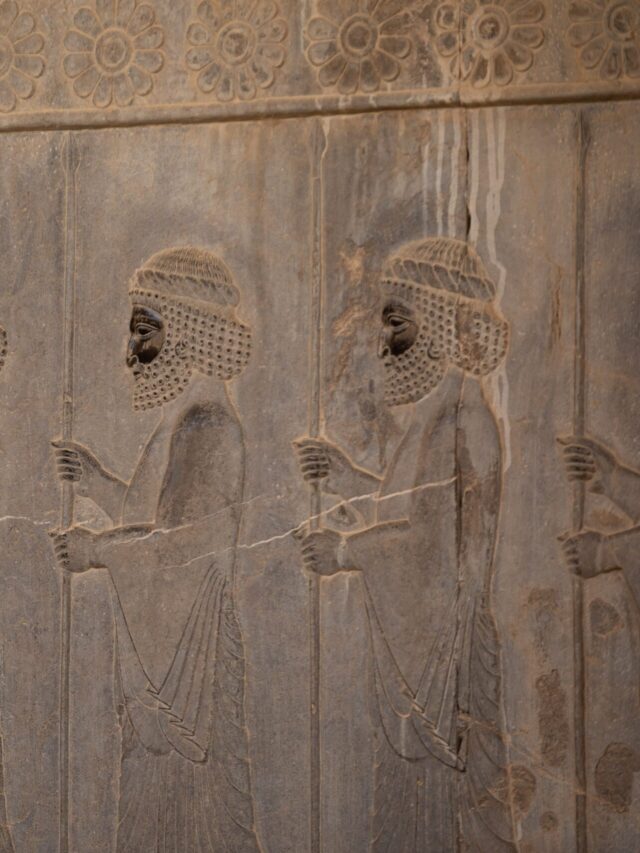Human history is clubbed with numerous pages of civilisations, but nothing can hamper the contribution that the Roman Empire left.
Different geographical areas were clubbed and ruled by a king or a republic, showing the scope of this once mighty empire.
However, as with time, change is the only constant among civilisations, proving the fragility of human conditioning and resilience.
Let’s explore the chapters that show us various milestones that get achieved.
Table of Contents
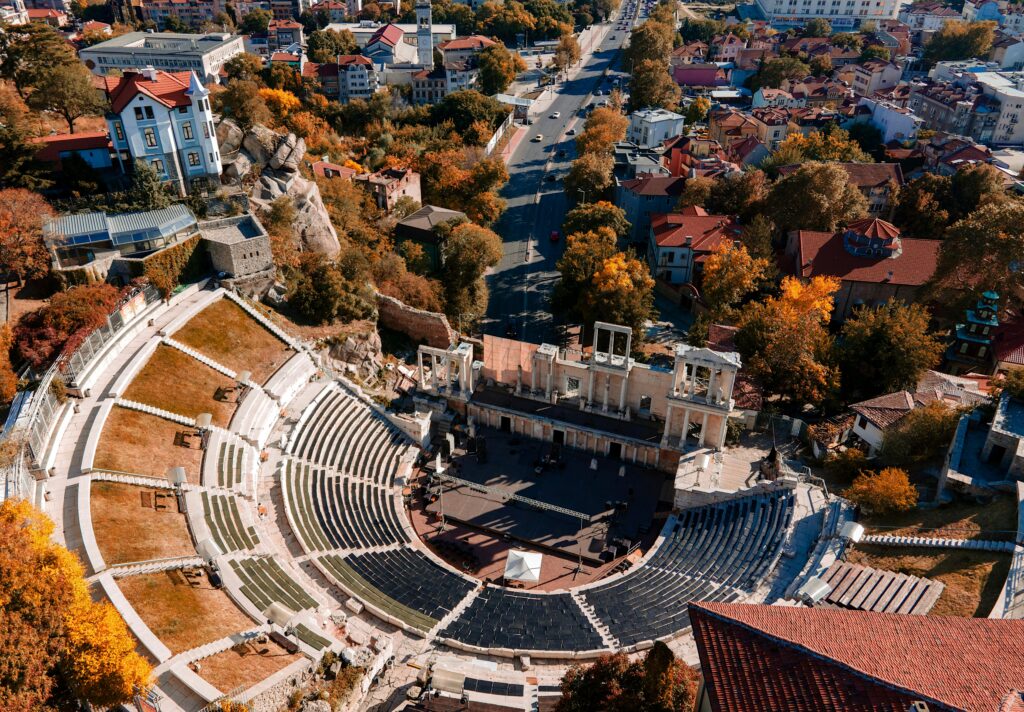
The Foundation of Rome:
- The story of Rome’s birth is deeply involved in mystery and myth. The famous tale of Romulus and Remus, both twin brothers who were raised by the she-wolf.
- The story shows us the foundation of the Roman spirit and resilience. This story will show the idea could be used by various kings and senators throughout Roman history.
- But the origins of Rome are more complicated than it appears, its initial growth from Italic tribes, which influenced the European region, is an example of long-lasting influence.
- The archaeological survey shows that Rome city began in the 8th Century BCE, and after that, more geographical areas were influenced by the Roman idea.
- Human culture is influenced by new ideas or traditions, and in the same way, neighboring areas of Rome highly influenced the Roman identity and its early growth.
- Also, the political and religious aspects that were unique to each culture helped spread the Roman civilisation idea.
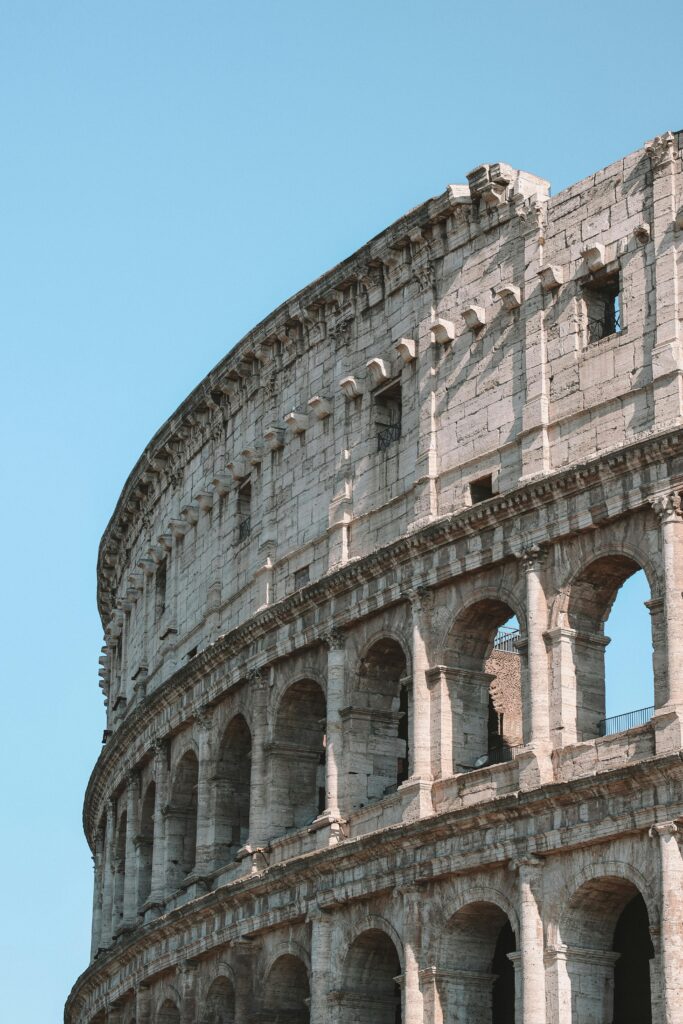
The expansion of power:
- Conquering the enemy’s mind and land is the bloody history that makes every civilisation unique. Rome’s movement from republic to imperial ideas was unique throughout human history.
- The Roman army was at the forefront of the military victories that built and extended the Roman empire. Steadily, the Roman influence grew across the Mediterranean region.
- The wars against Carthage were game-changing and increased Rome’s desire for world dominance. Rome’s military and strategic planning were the major reasons why a small Roman army defeated a larger one.
- With expansion also came the challenges of government. The Roman Empire created a complex administrative base on which various governors for different regions and locations used to facilitate communication. Also, a network of roads was created to facilitate communication and trade.
- The growth of infrastructure created a big network that influenced economic and cultural development.
- The cultural exchange created new ideas, and a mindset that sought avenues became the Roman Empire’s base.
Cultural achievements:
- Rome has laid the foundation on which cultural revolutions took place in the fields of art, architecture and philosophy. The development and implementation of unique structures like the Colosseum signifies the Roman engineering impact it had at that time.
- This success shows us the practical purposes that helped the mighty Roman Empire to achieve power politically.
- The impact of Greek ideas heavily influenced the Roman Empire. The development of stoicism highlighted the unique ideas of thinkers like Seneca.
- Also, ideas of Marcus Aurelius shaped the Roman intellectually, along with virtue and ethics. Roman ideas heavily influence Western culture today.
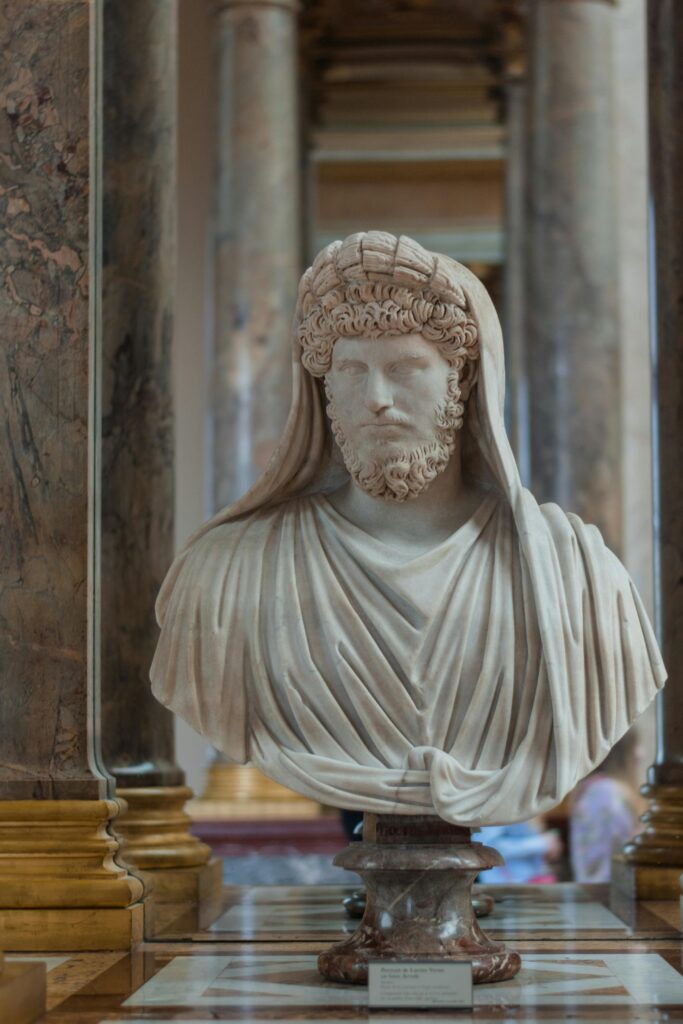
Internal disagreements and Decline:
- As the Roman Empire grew in size, its challenges increased significantly. As time progressed, attacks from neighbors, civil wars, and political corruption reduced the once mighty Roman authority.
- Corrupt people at the correct locations also did the maximum damage to the once great Roman empire.
- The assassination of important leaders and kings created a power vacuum which the opponents of the Roman Empire exploited.
- The elites who were part of the Roman Empire competed for power grab, contributing to the instability among the empire and its subjects. This laid the foundation of unrest in the Roman Empire.
- The game of economics also played a crucial role in the fall of Rome. The slave labour, which was less, initially, increased their dependency on the labour market, which increased inflation and weakened the economy.
- The Roman society became stressed due to the unstable policies. As manpower was reduced, the challenges of the empire to maintain its military started to get questioned.
- The mighty infrastructure, which was the base of Rome, became its major weakness. Ultimately, the enemy of Rome exploited the situation for their gain, inflicting major damage to the Roman legacy.
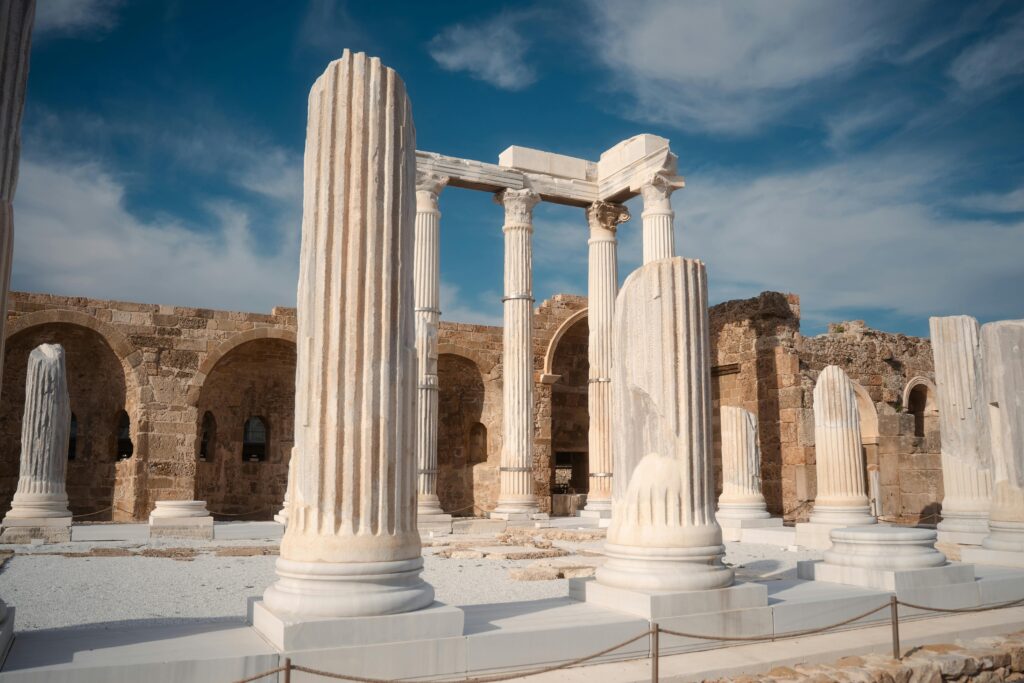
The lesson of Roman legacy:
- The influence of Rome on modern governance is of very high importance. the jurisprudence, government and architecture were influenced highly in modern society.
- The idea of republic was first created in roman empire which plays a major role in generation of political ideas in modern age. Also the impact of latin language and roman law laid the base for many legal framework that we are still using today.
- In summary, the decline and fall of Rome presents a picture that shows the impact of expansion, mismanagement and unchecked ambitions, which brought the empire to its knees.
- Understanding and learning lessons will be helpful for modern society to help navigate the current challenges in an interconnected world.
